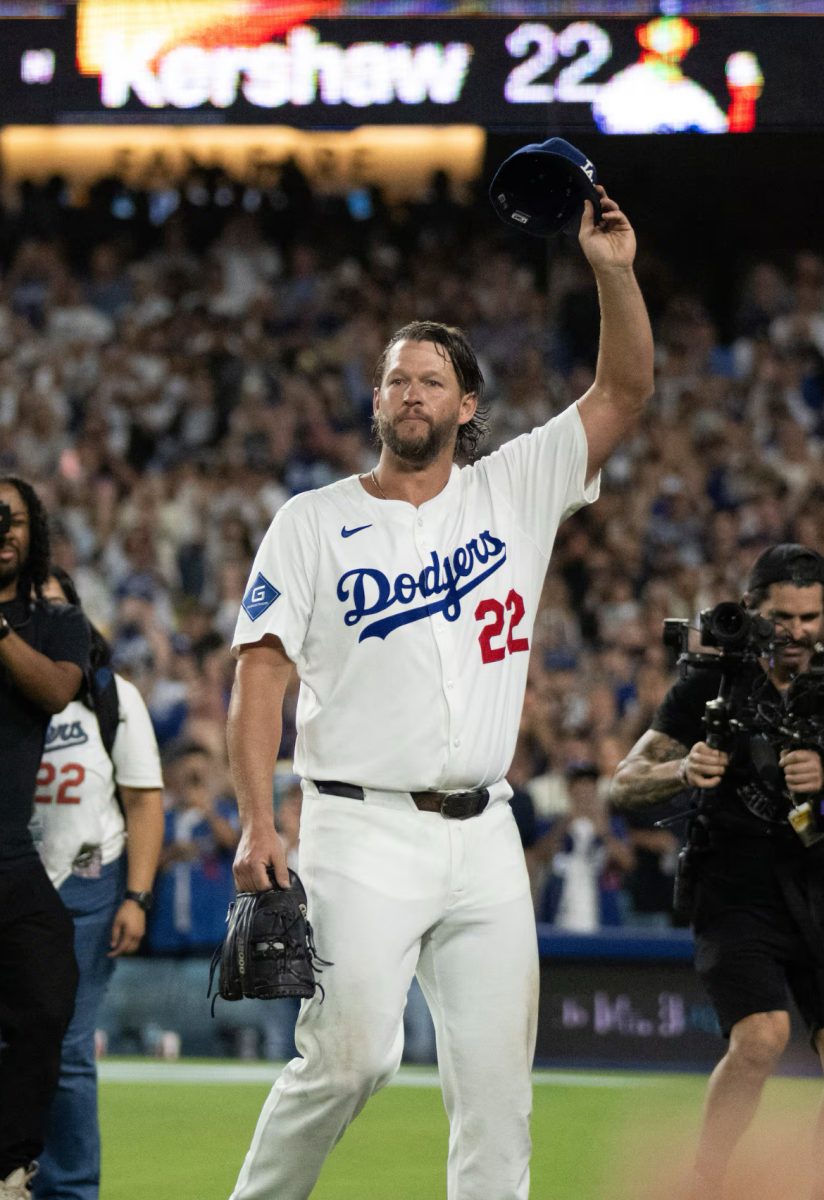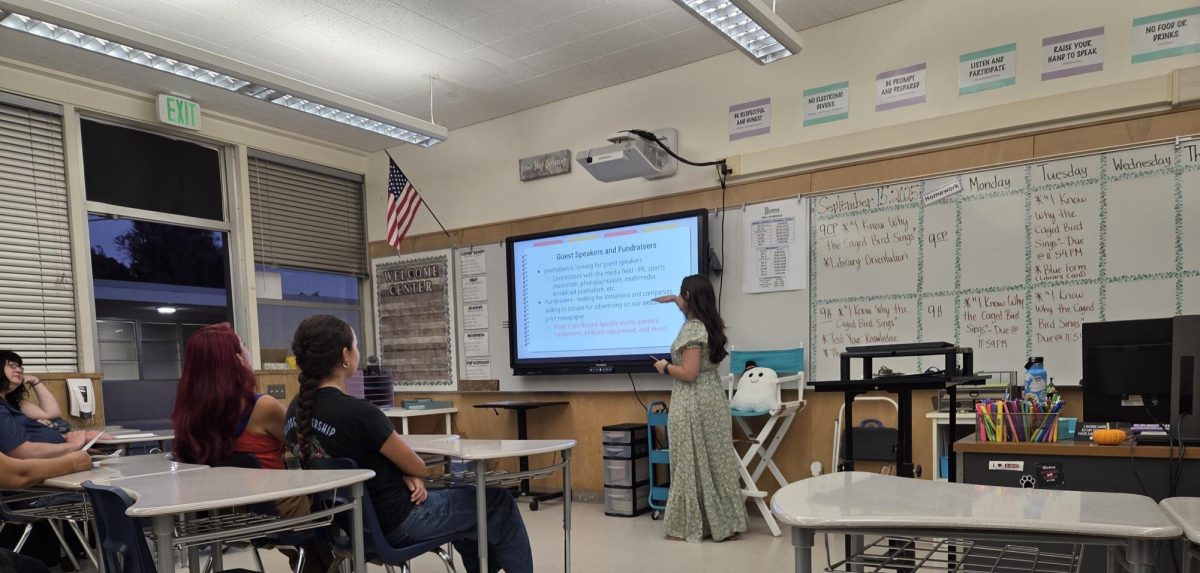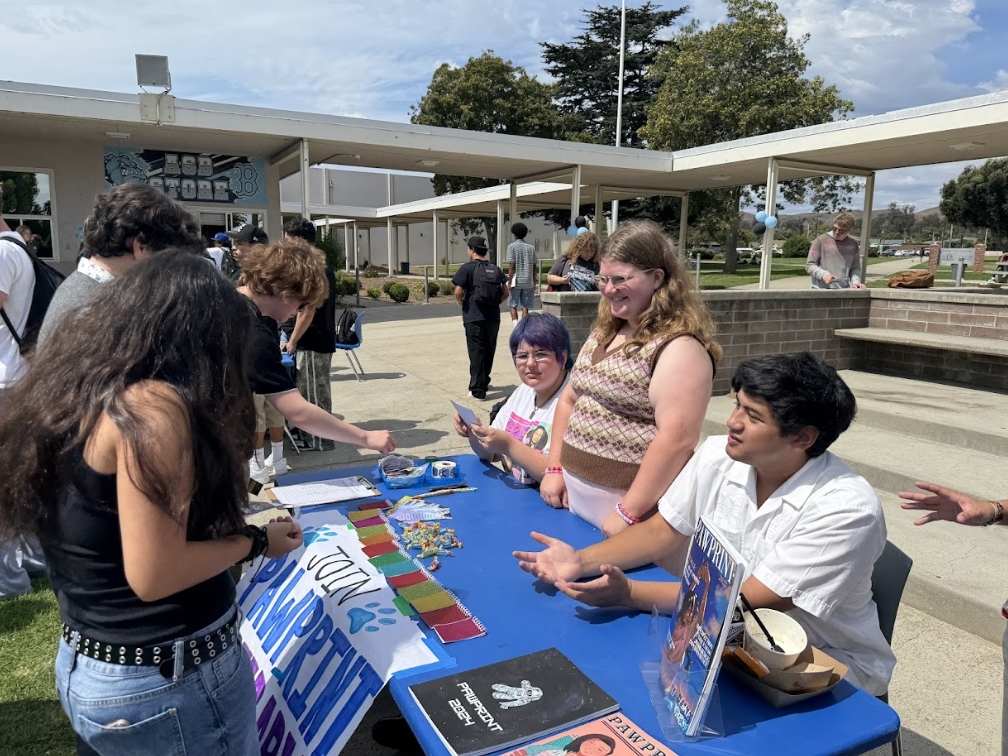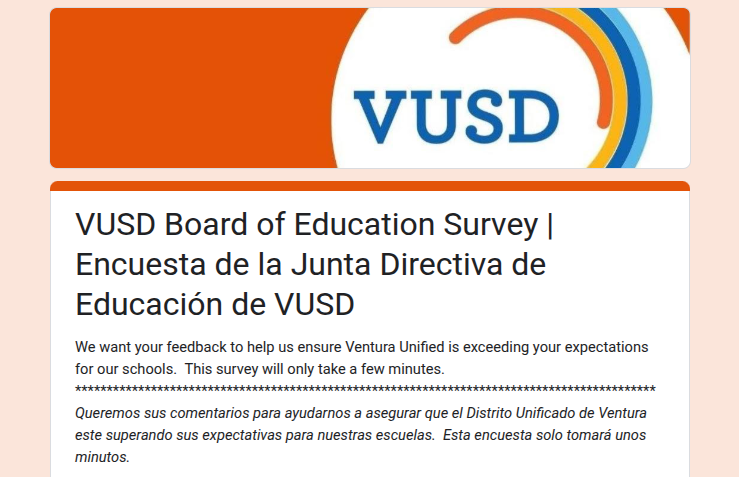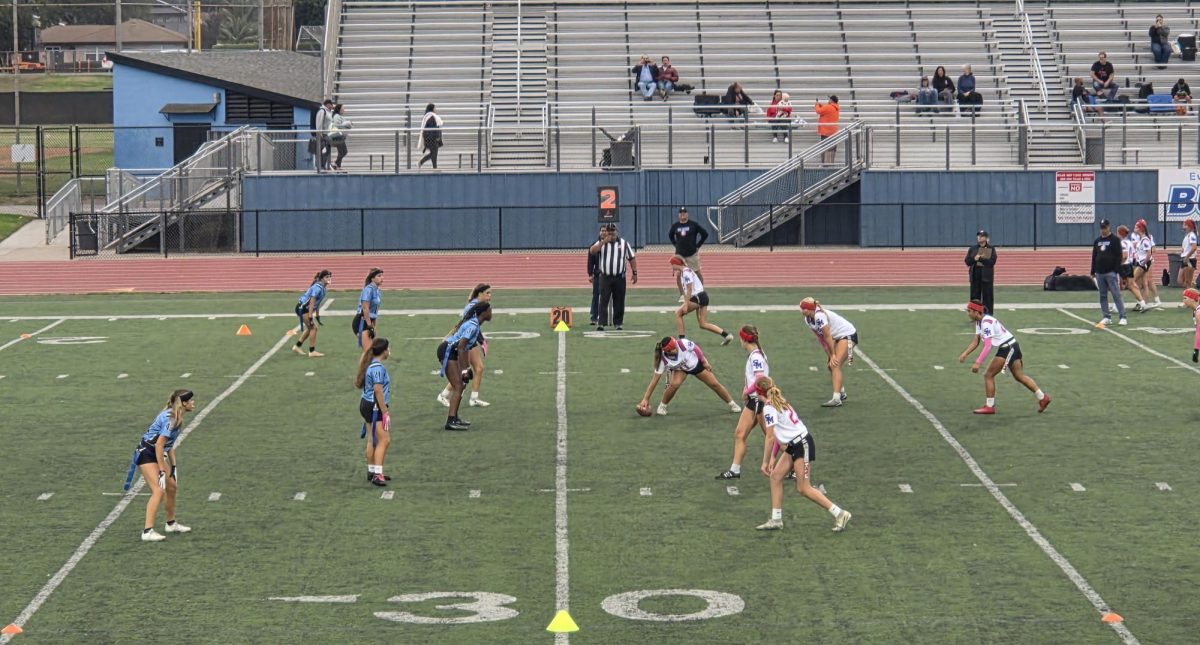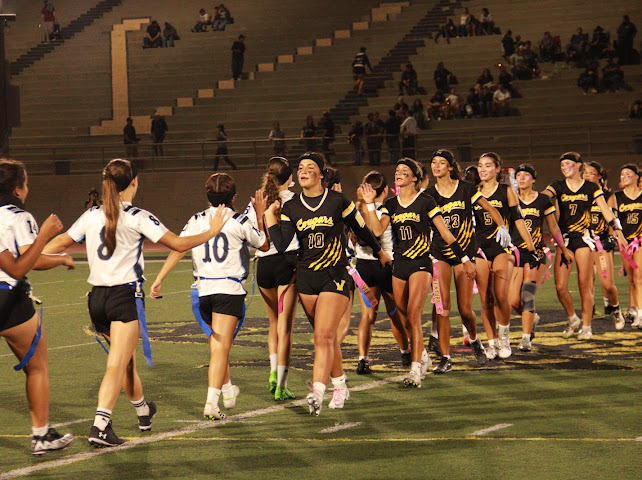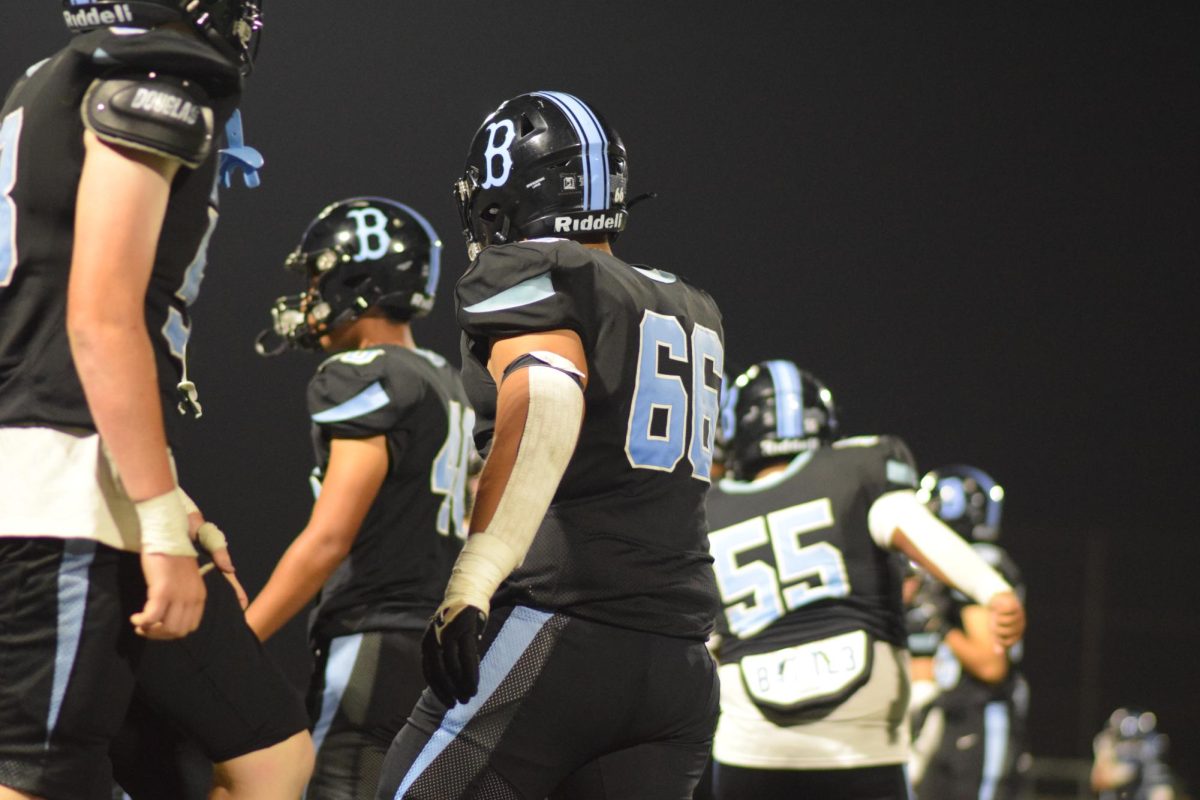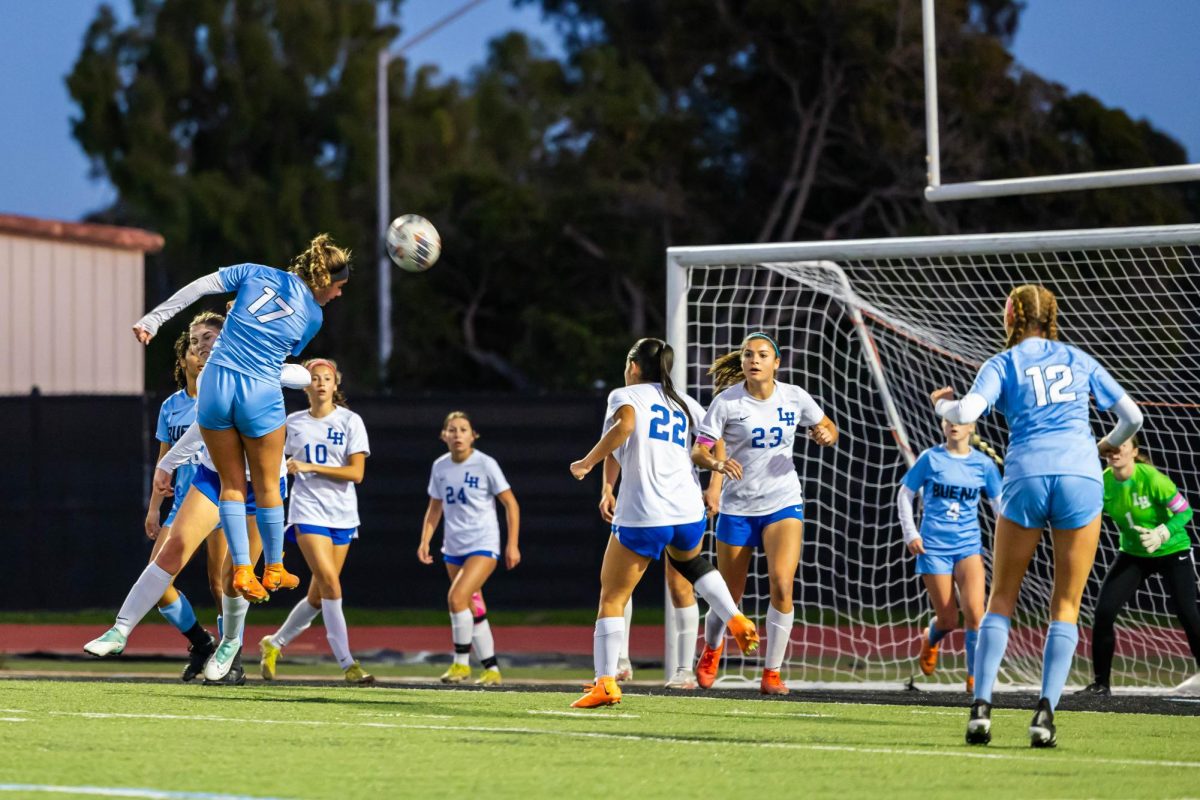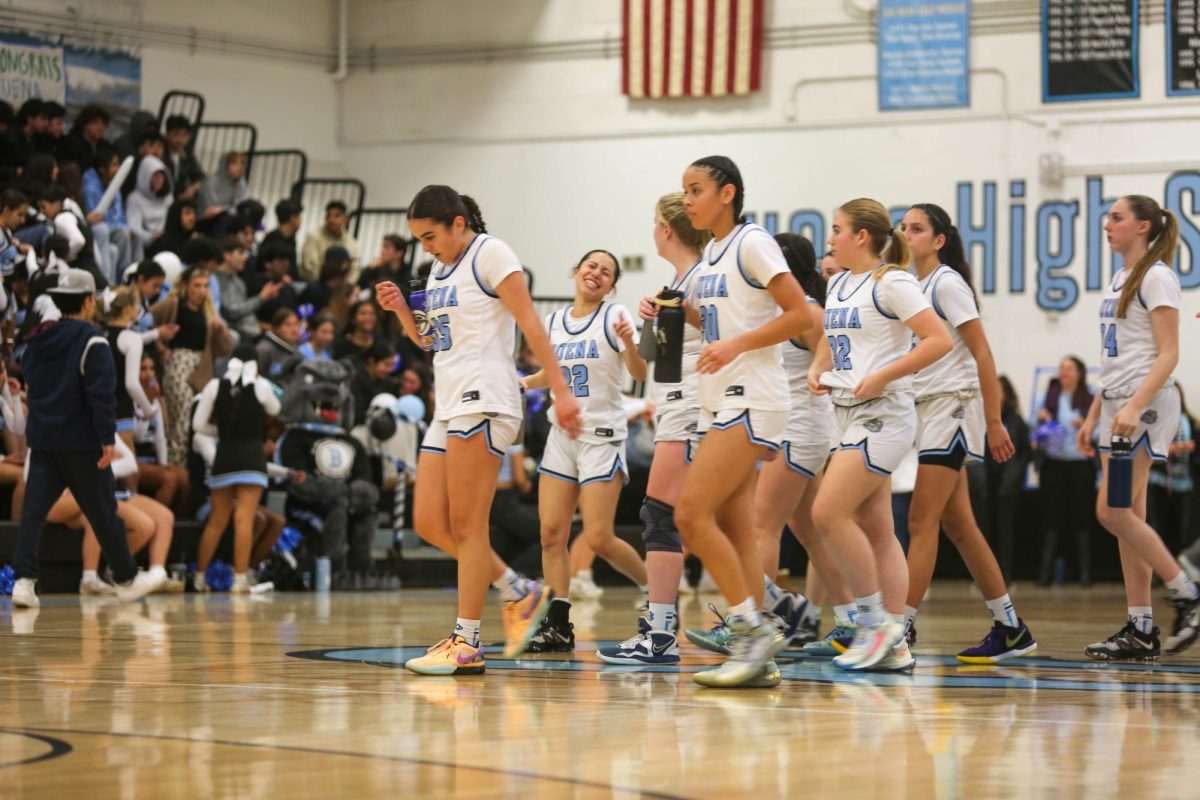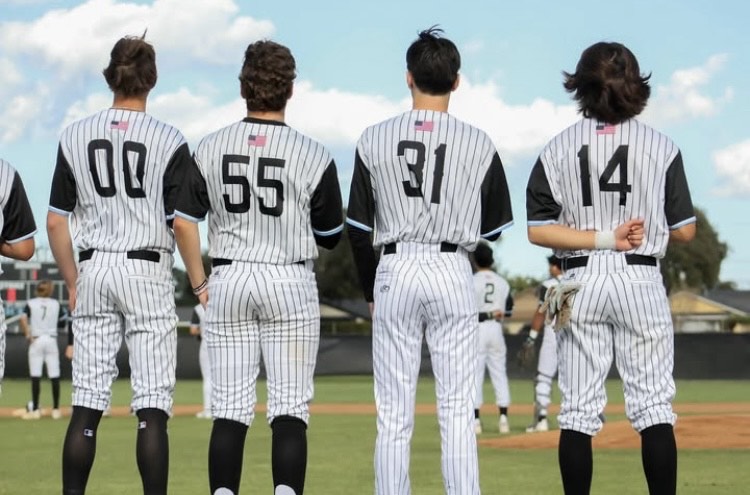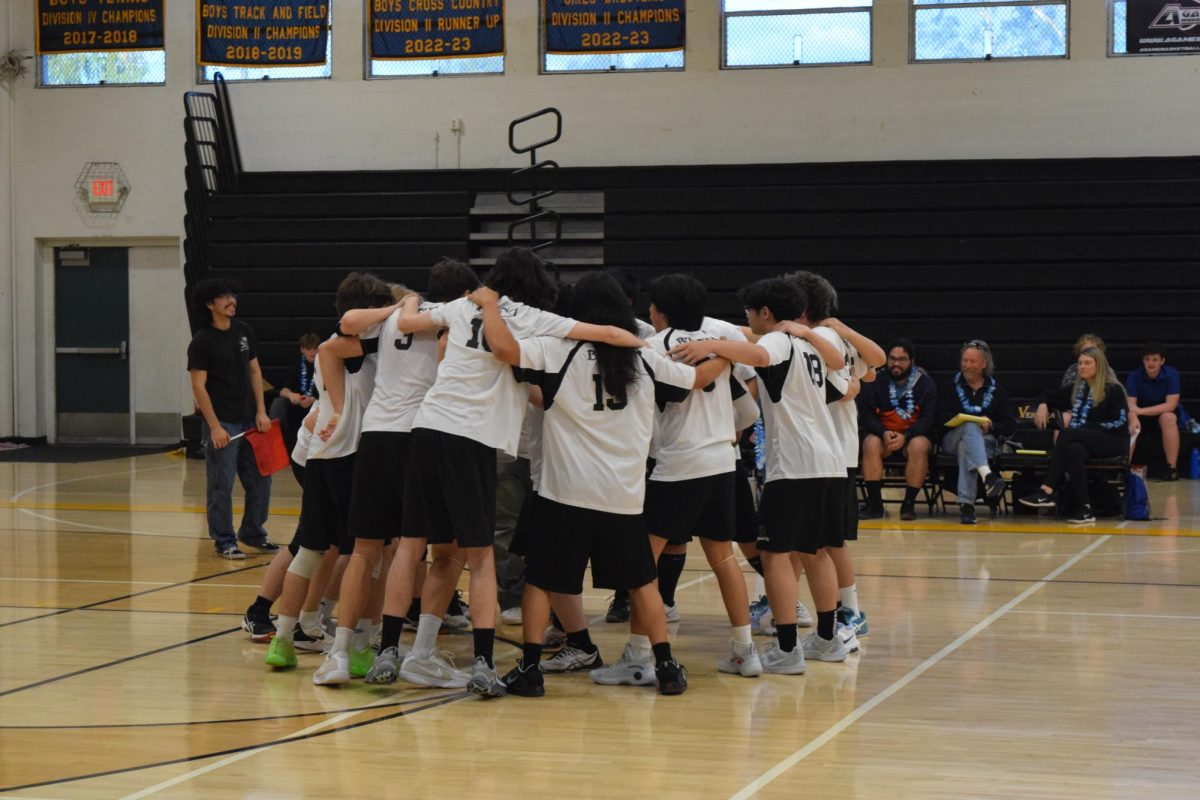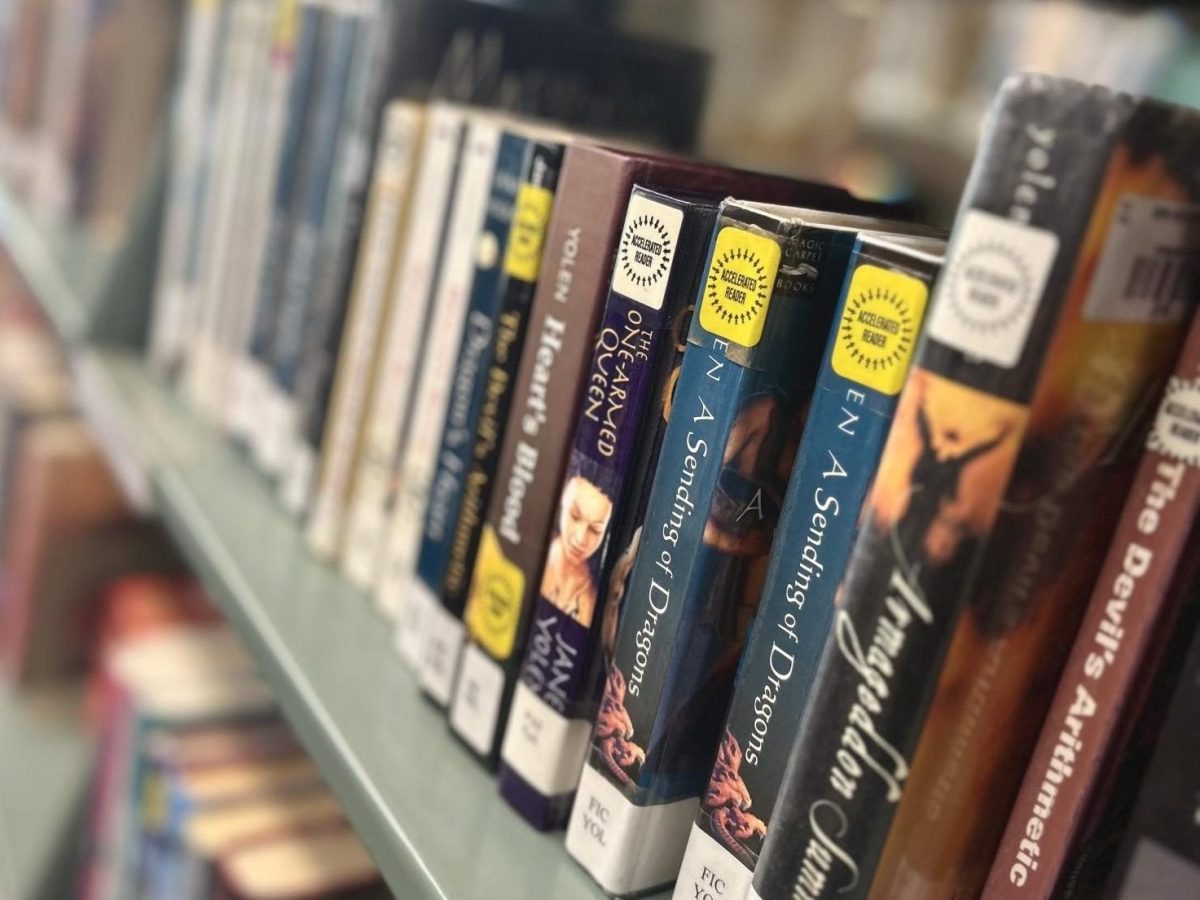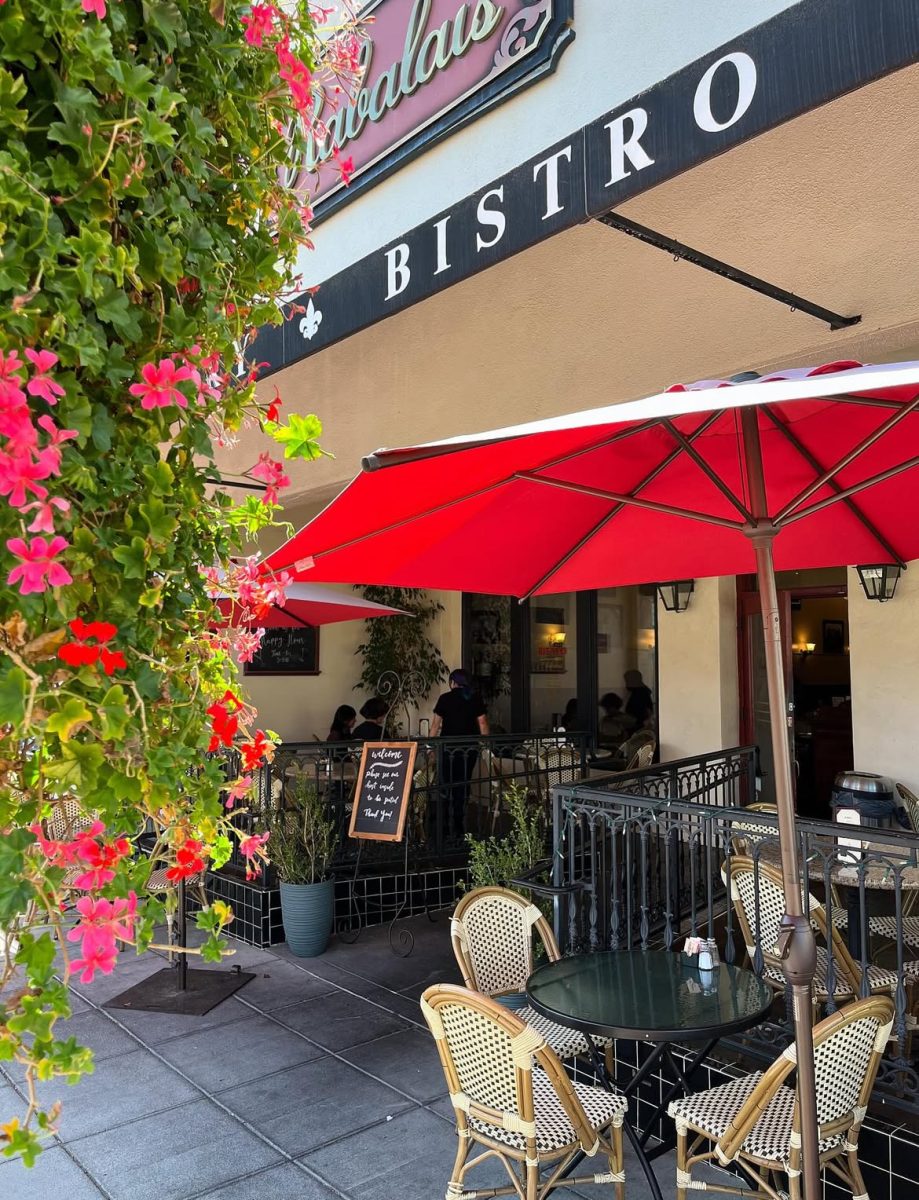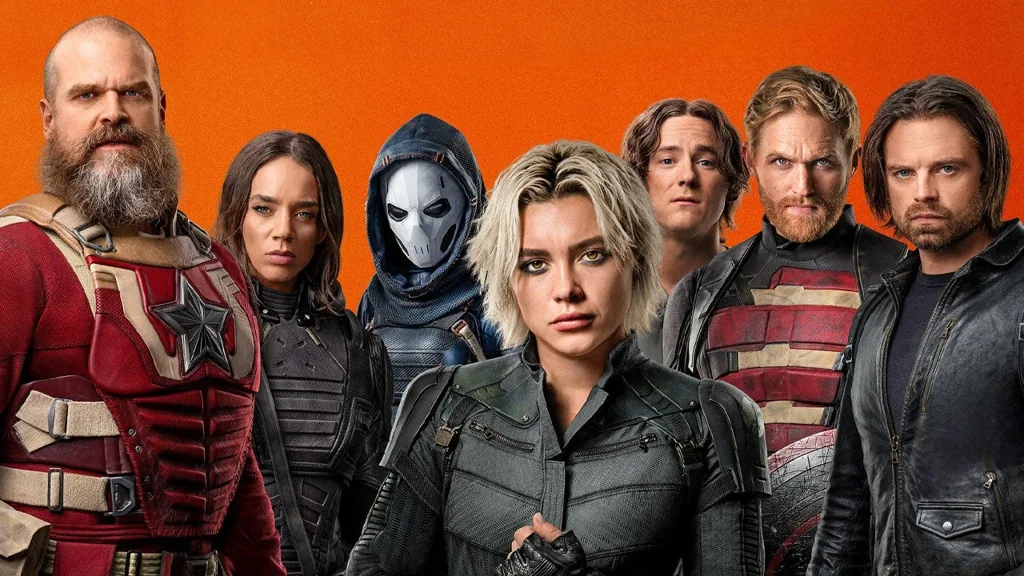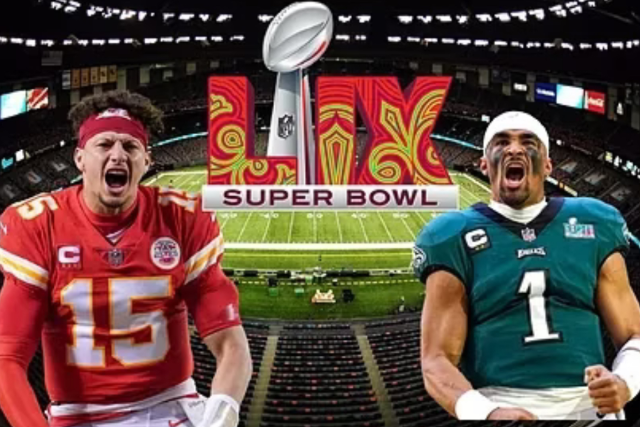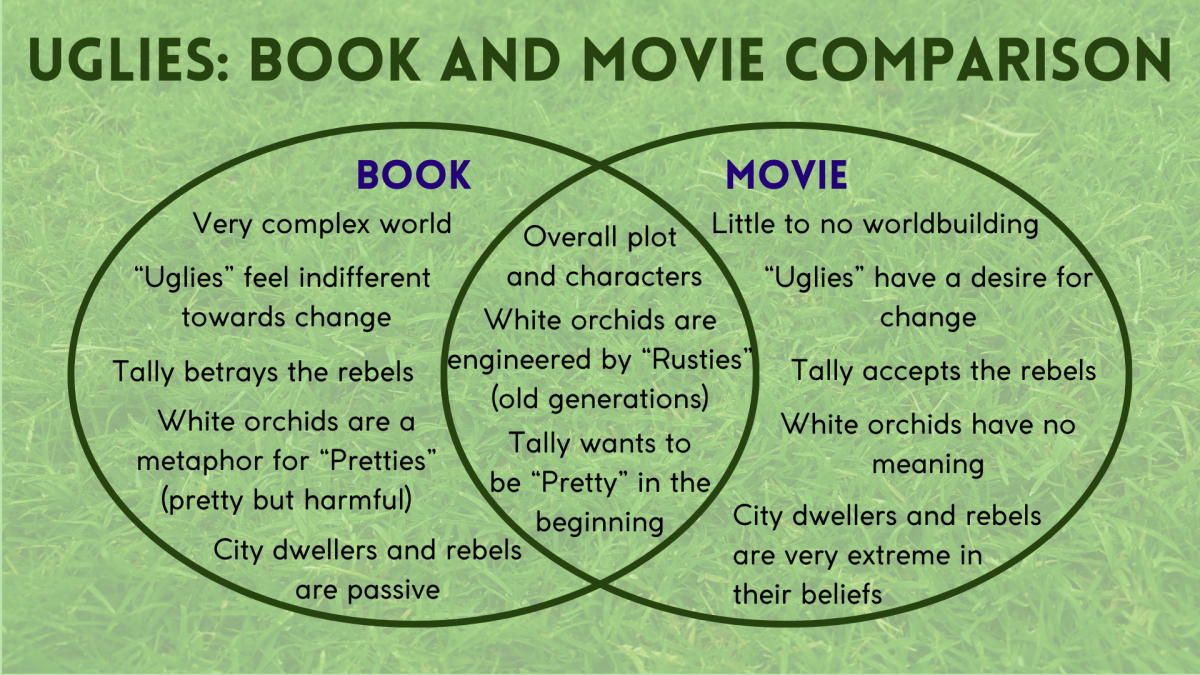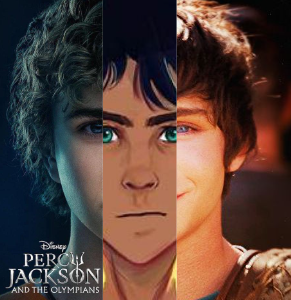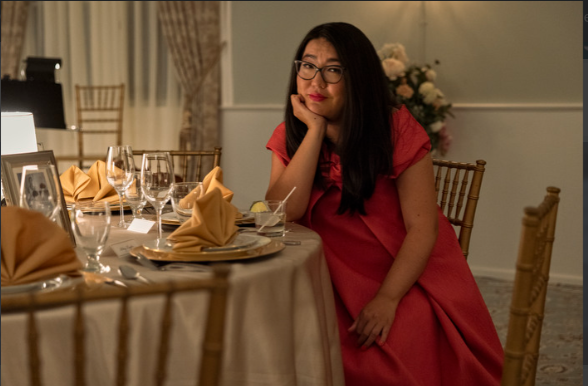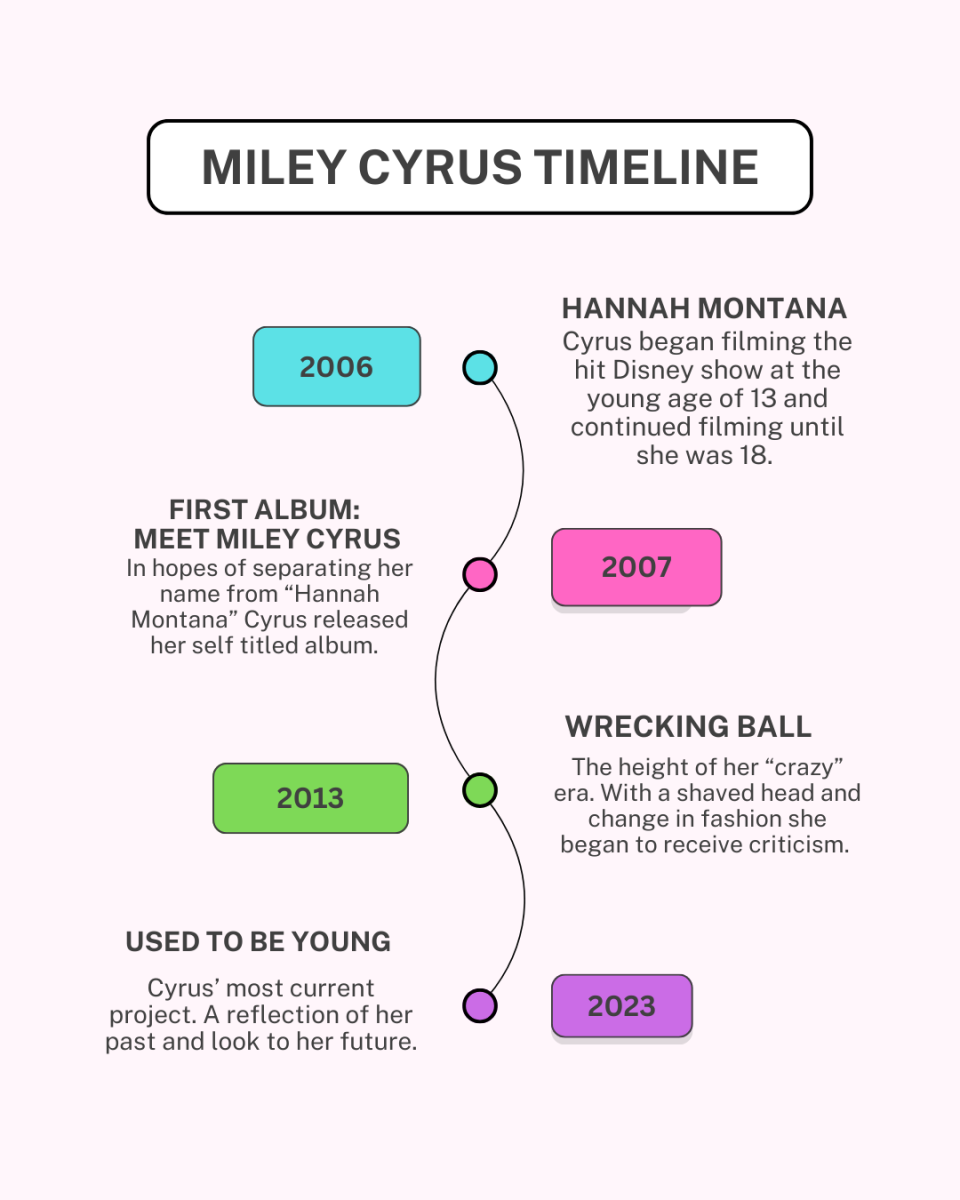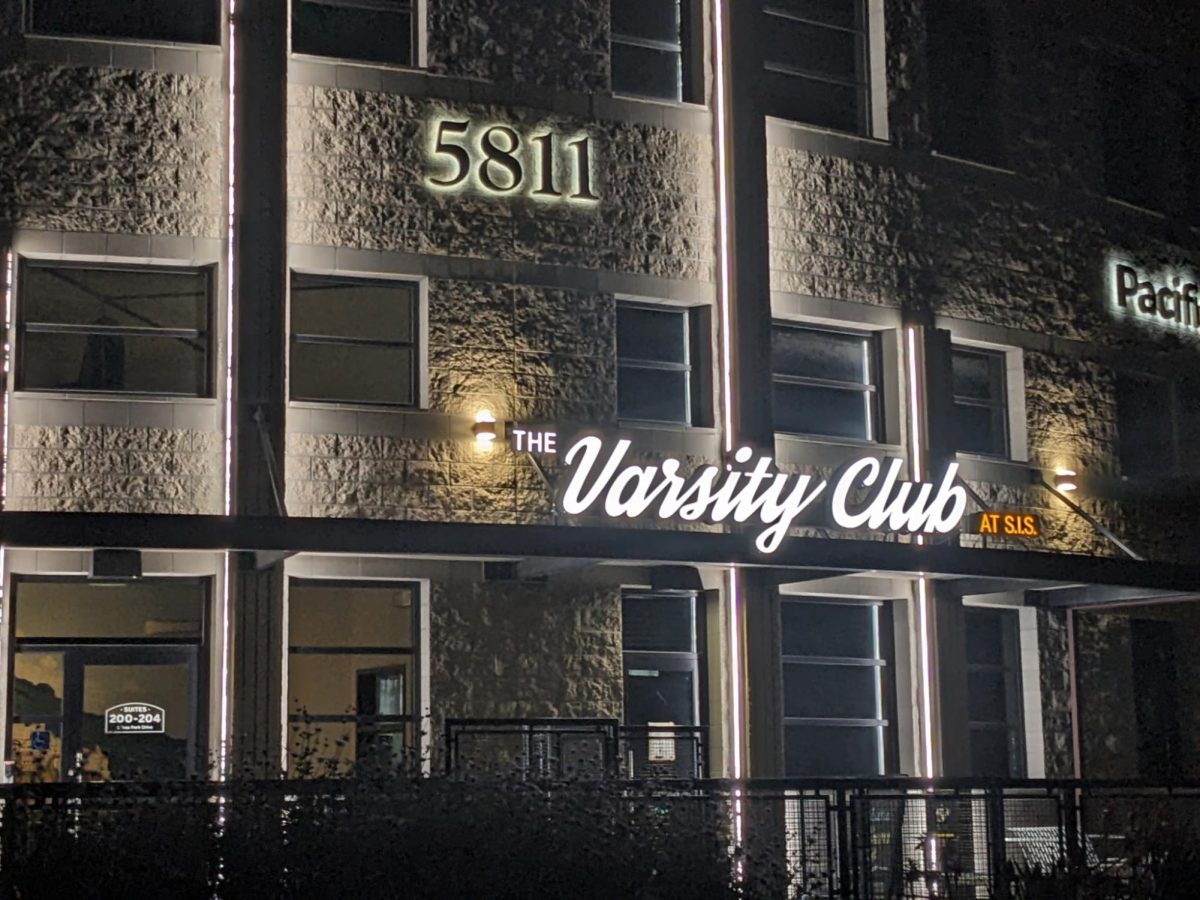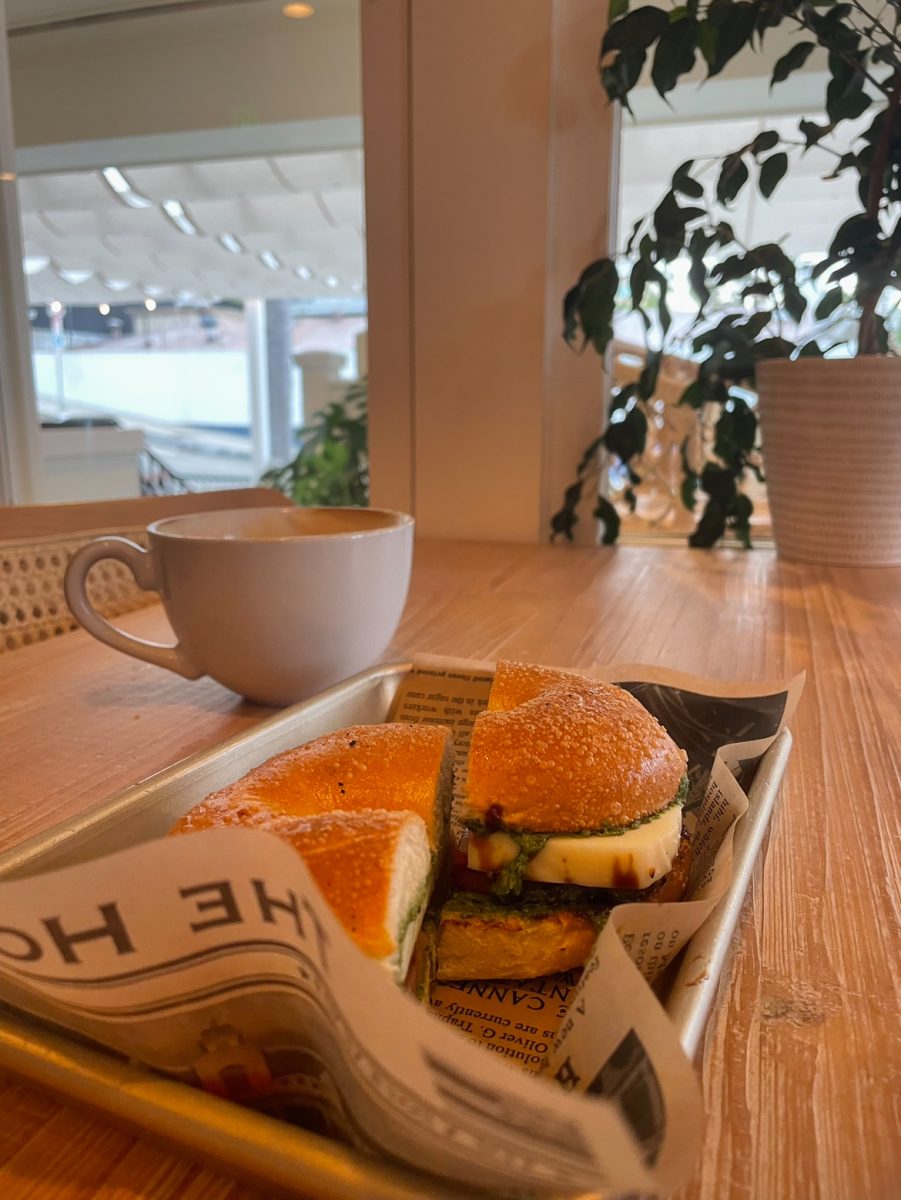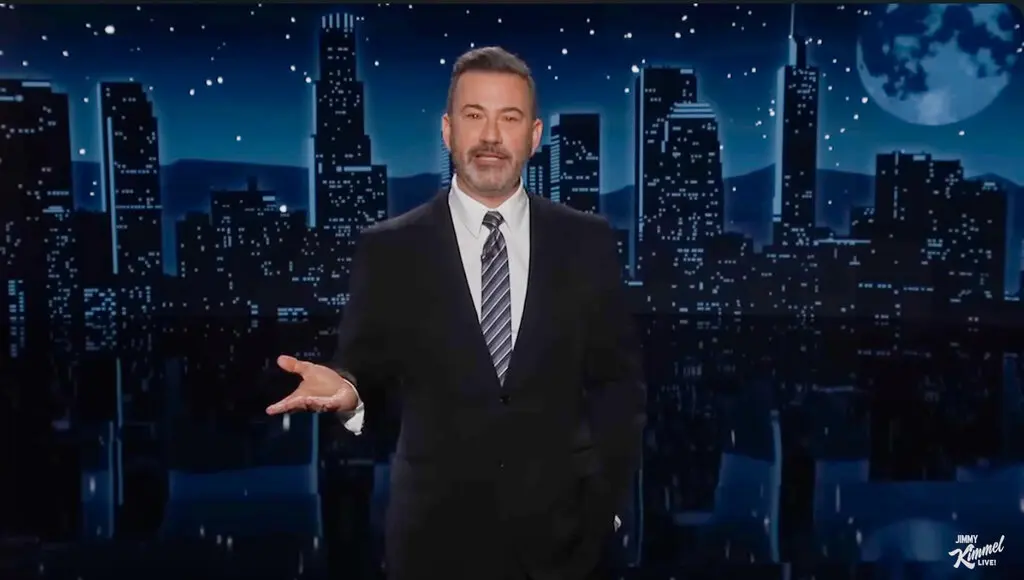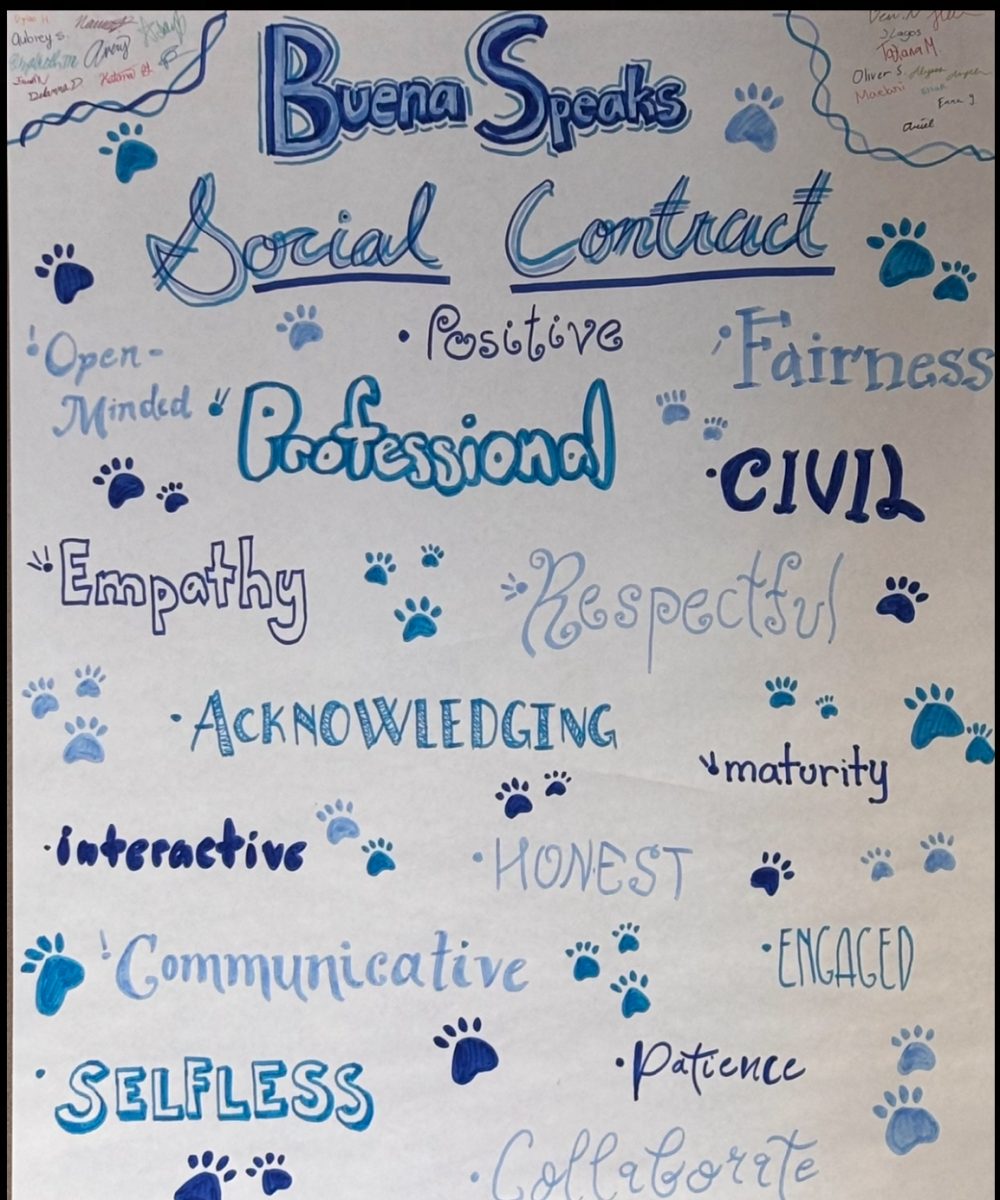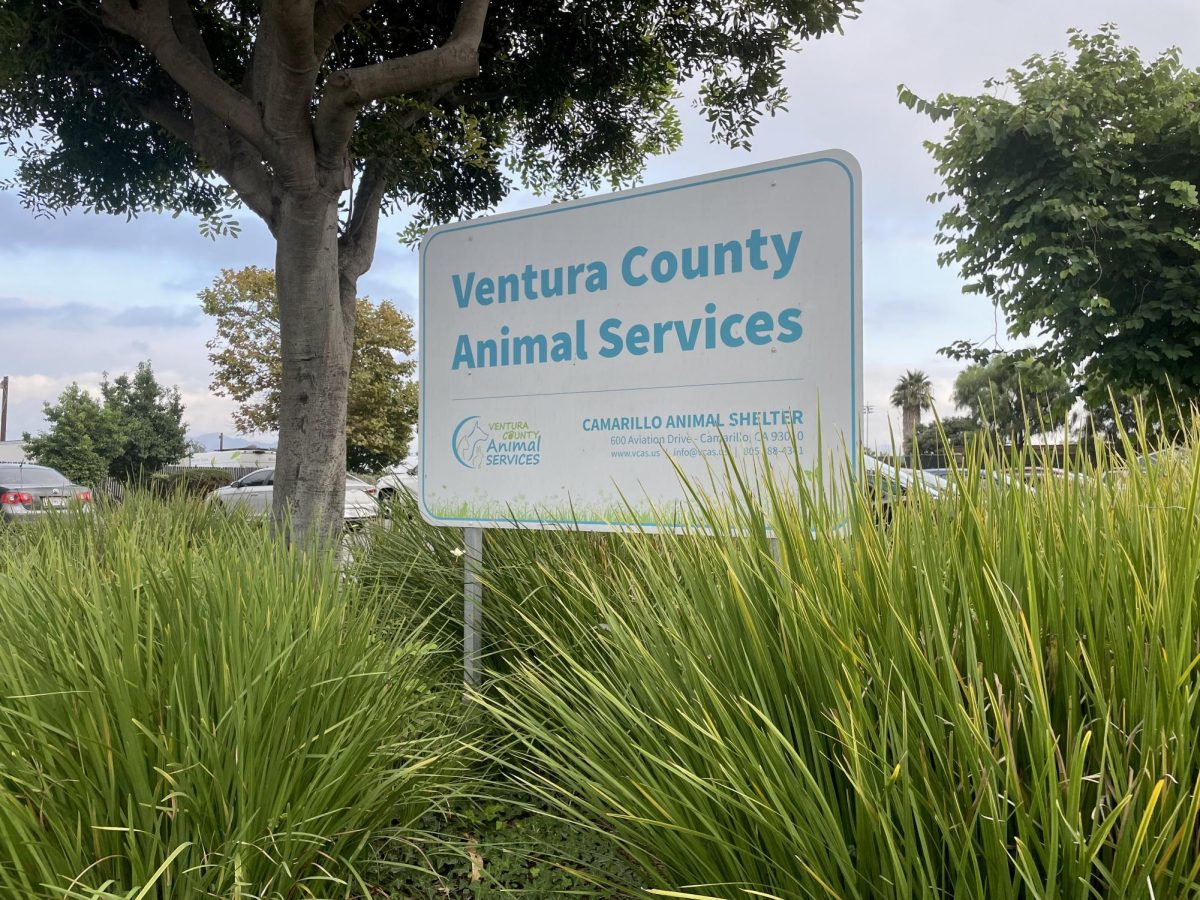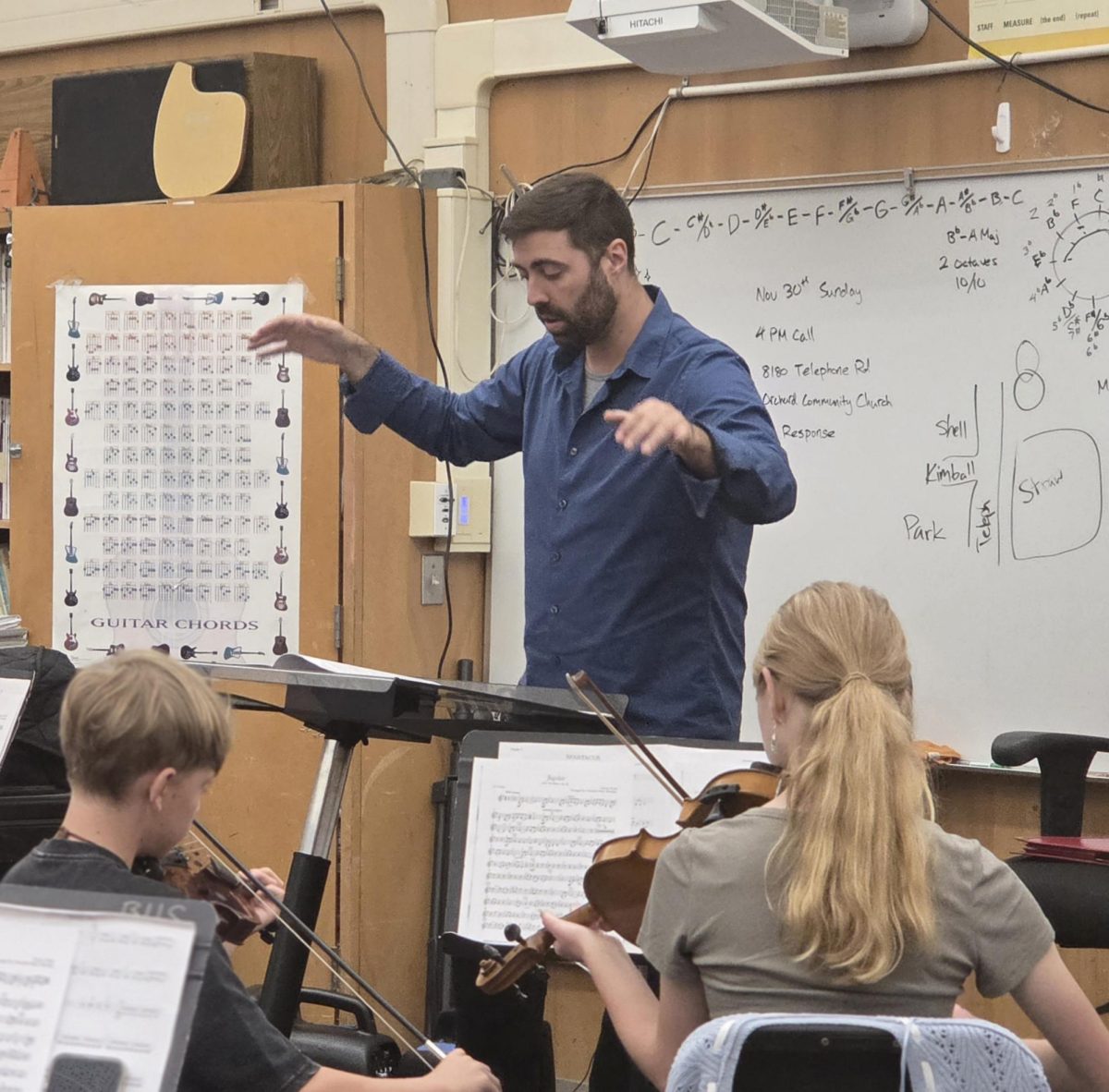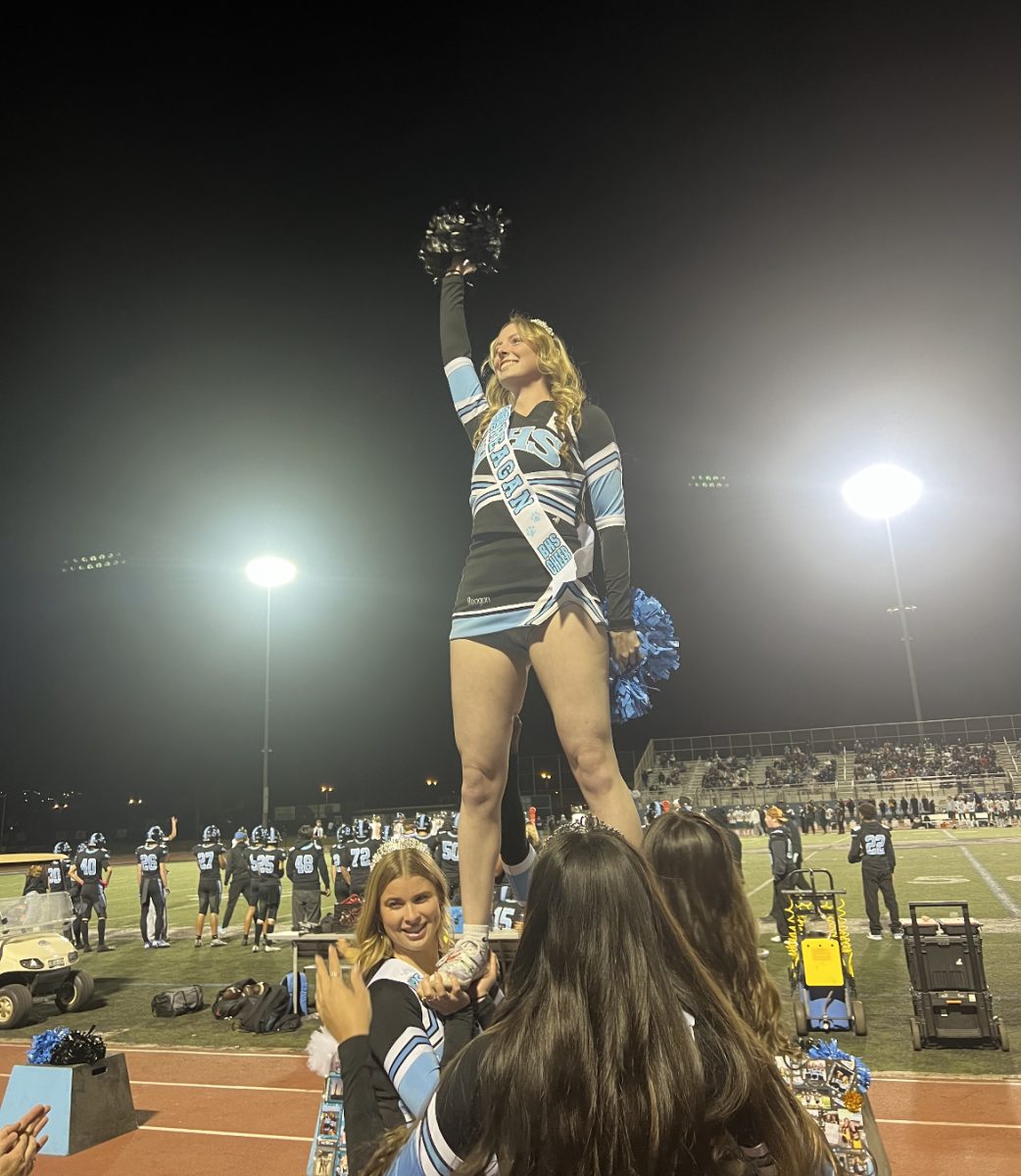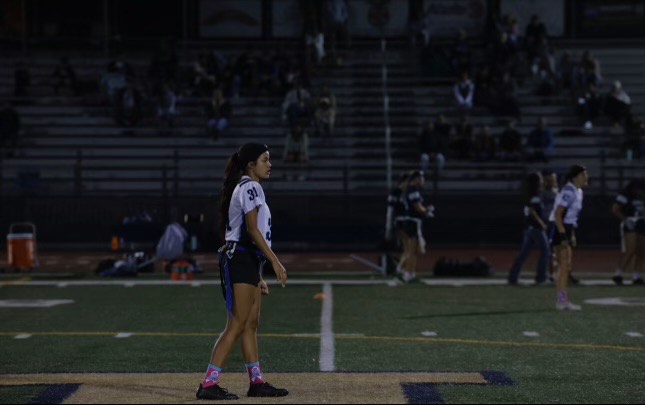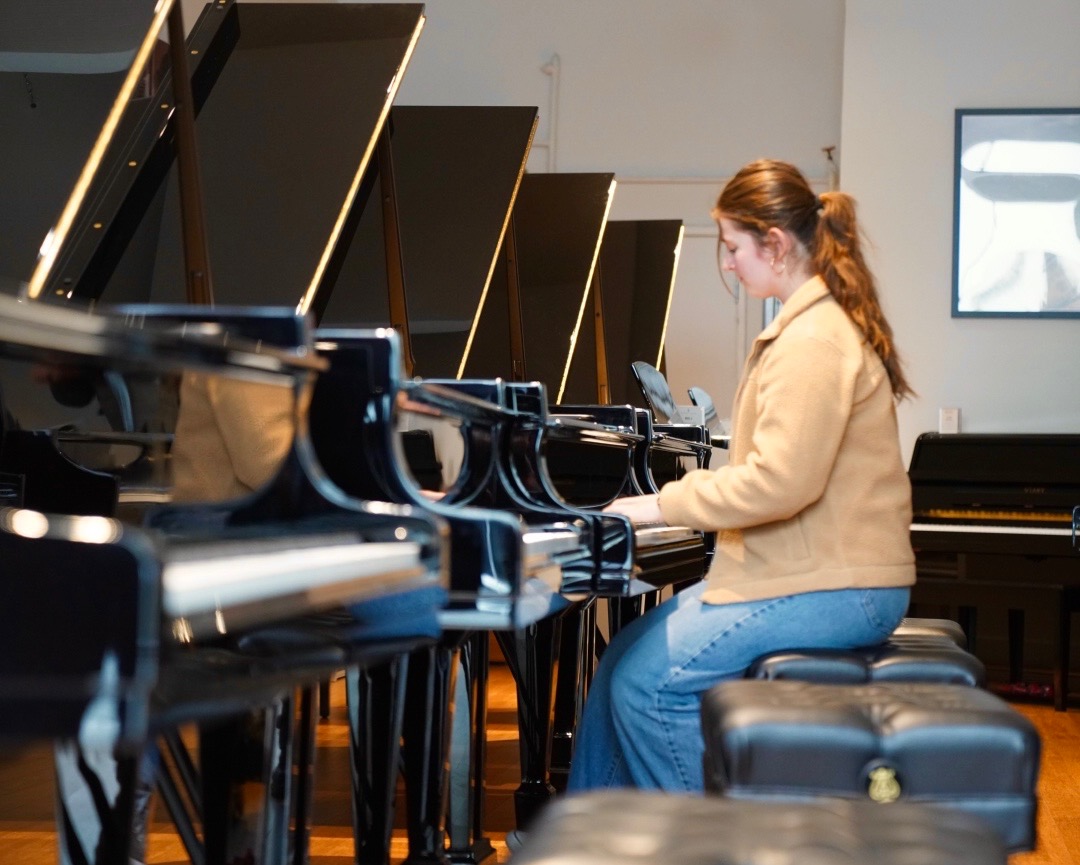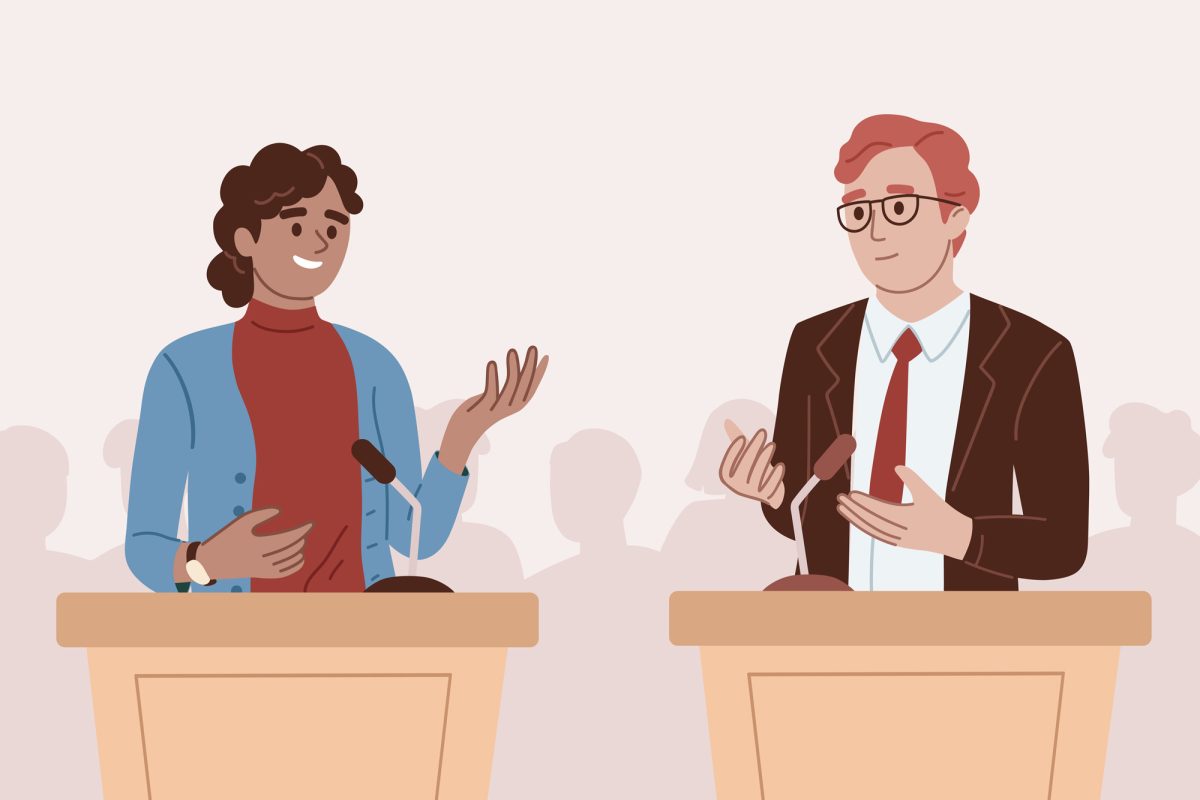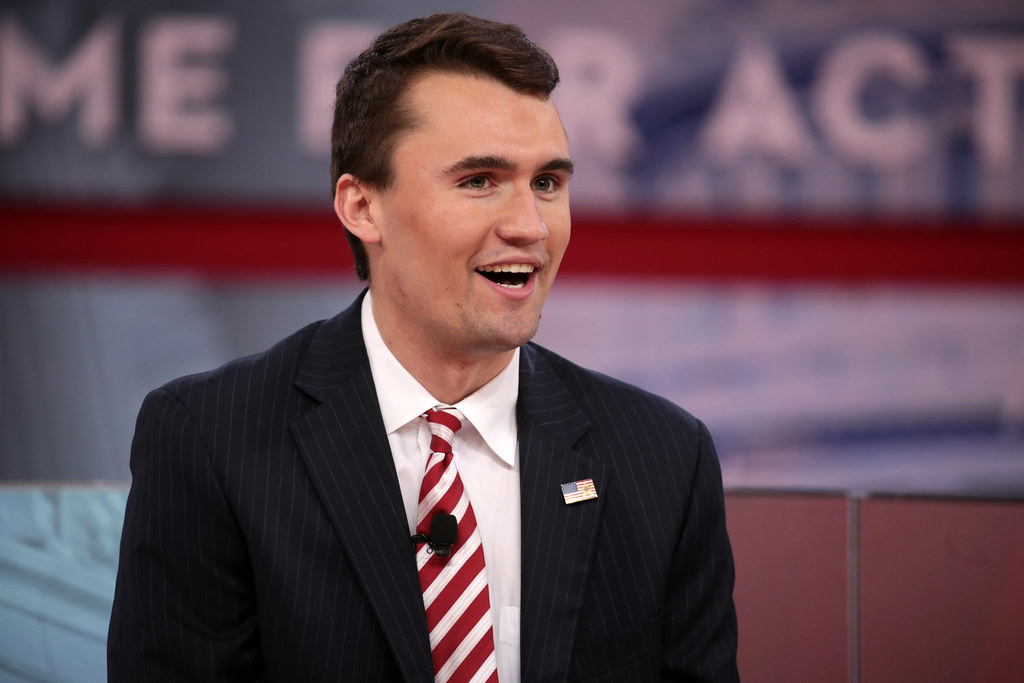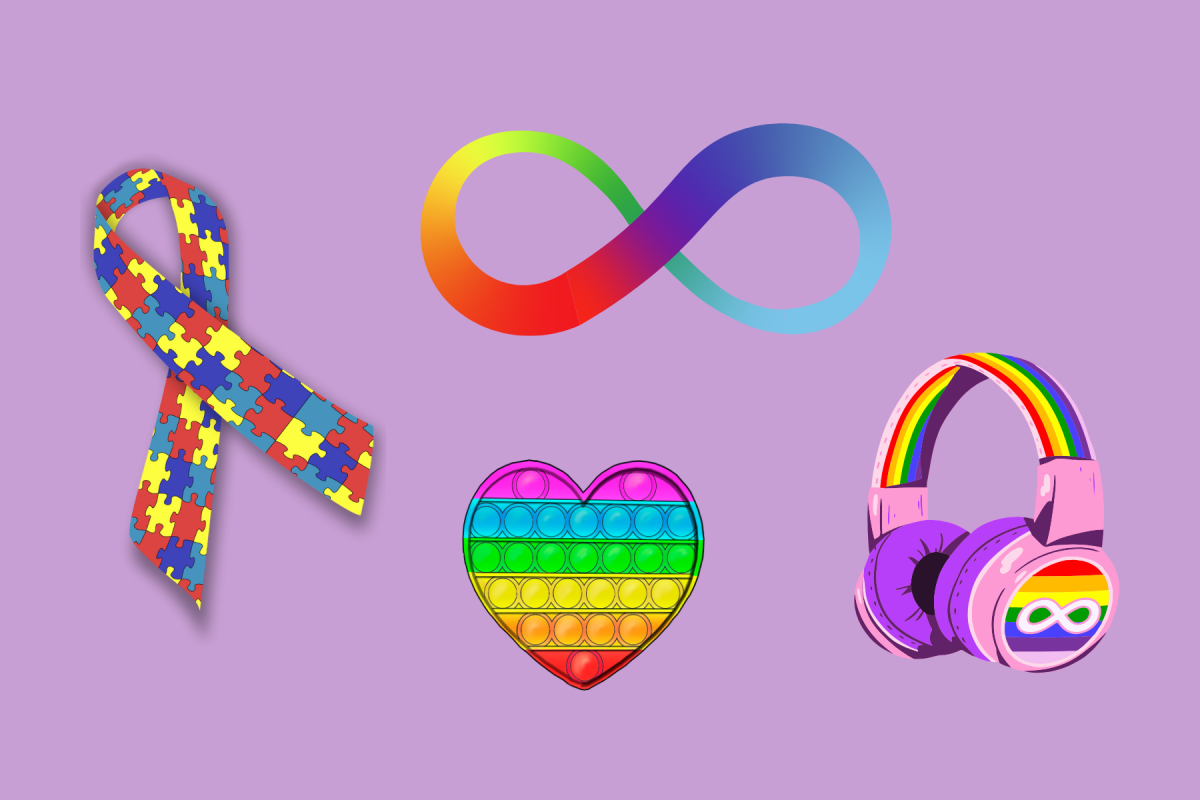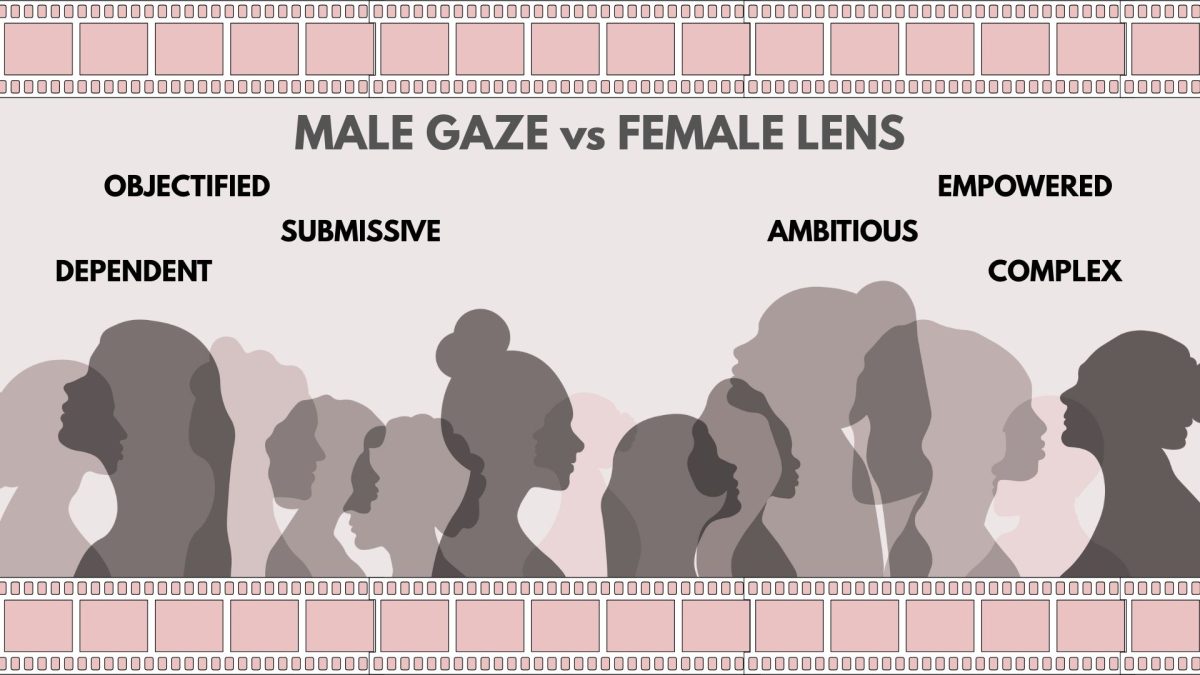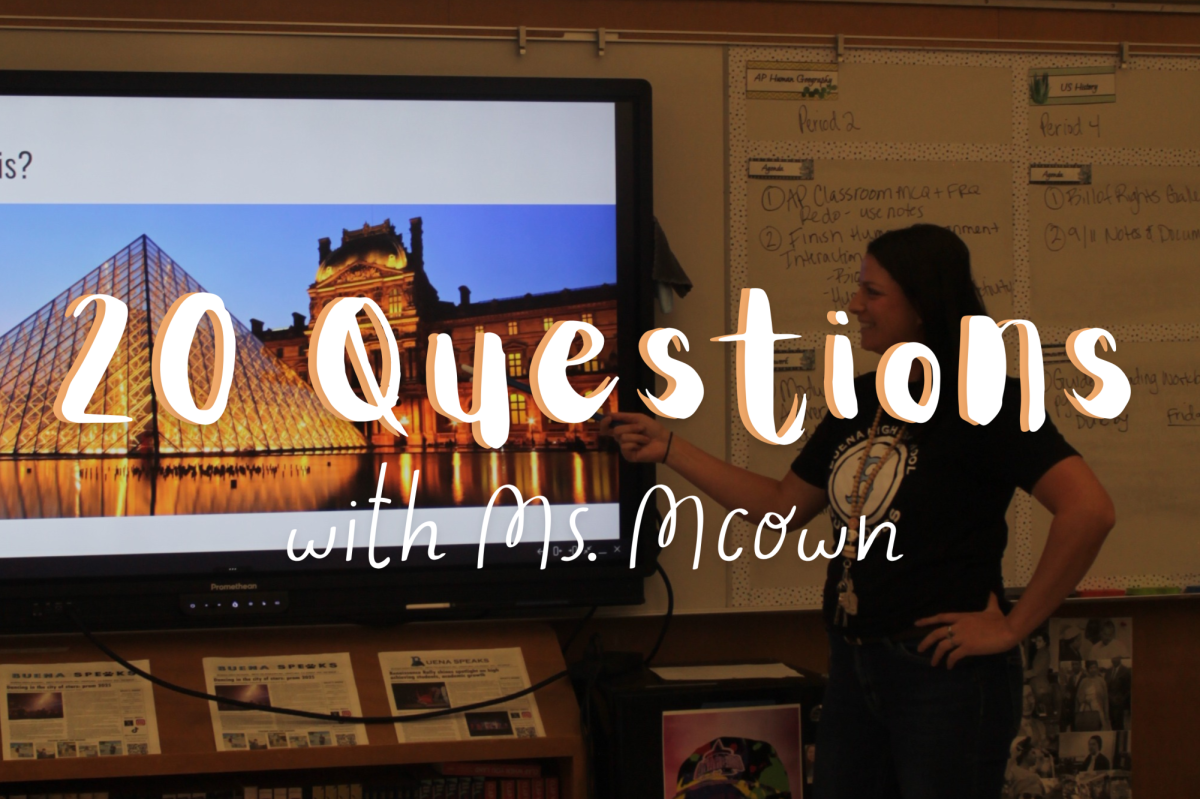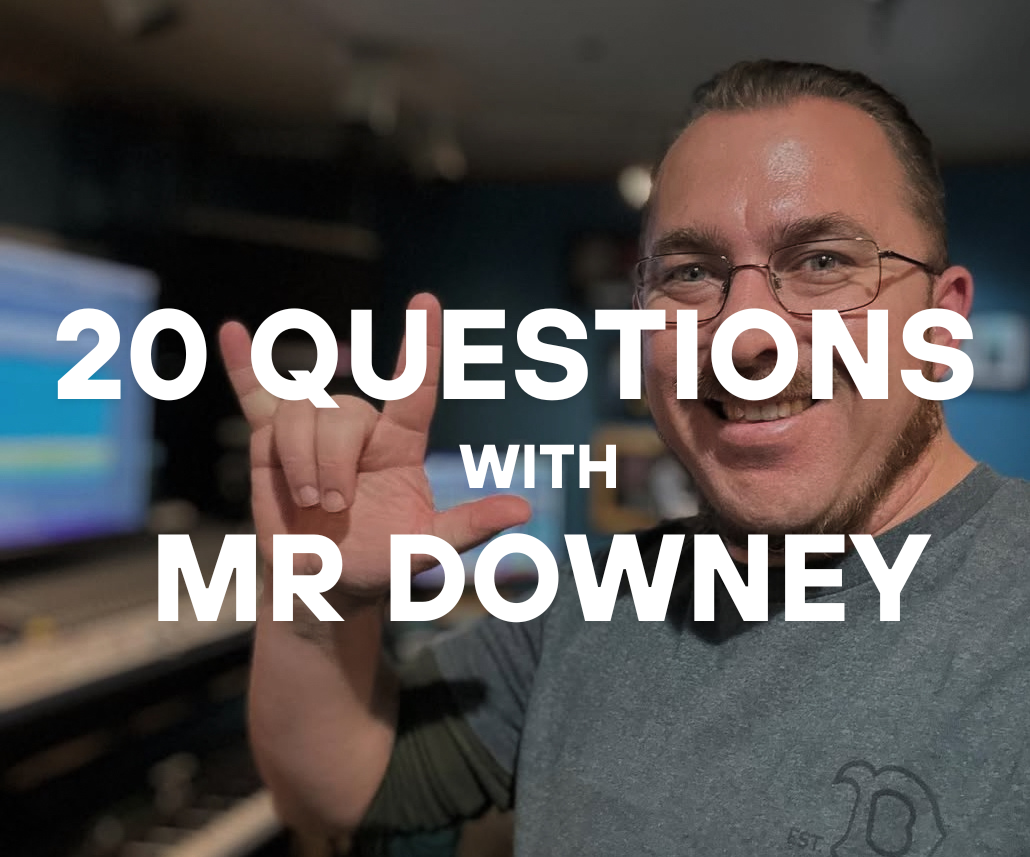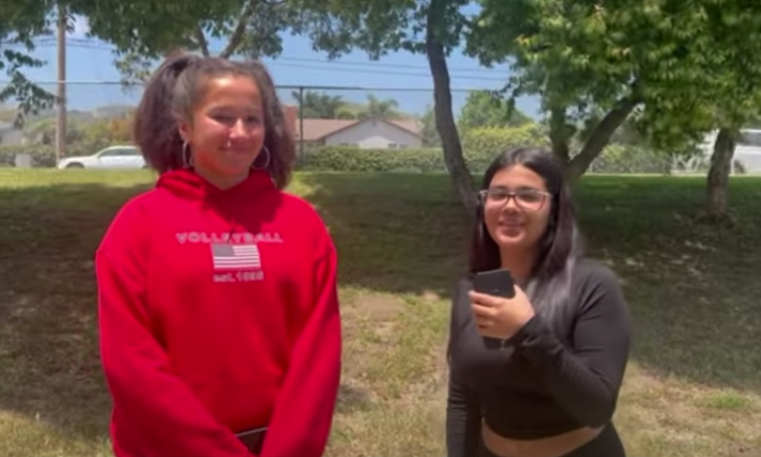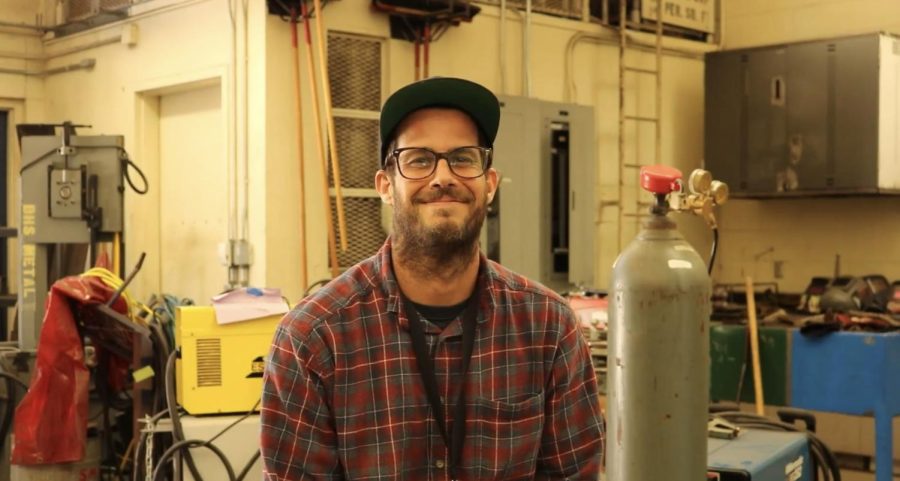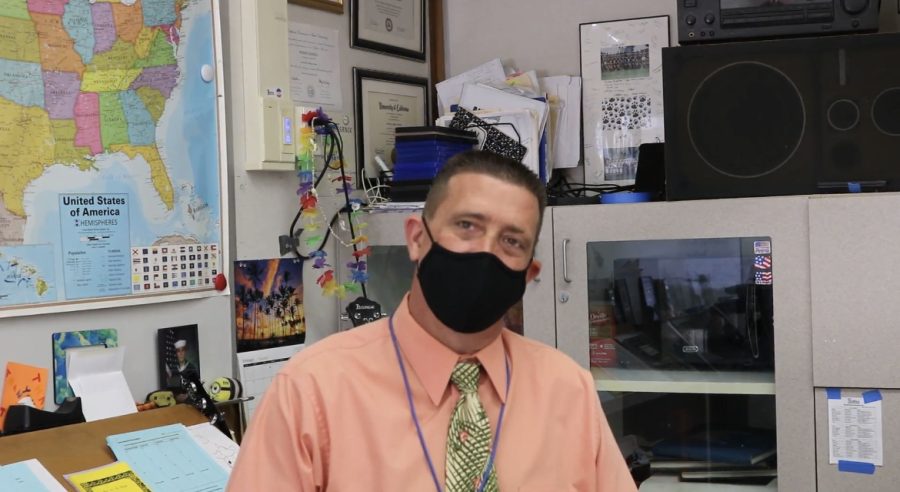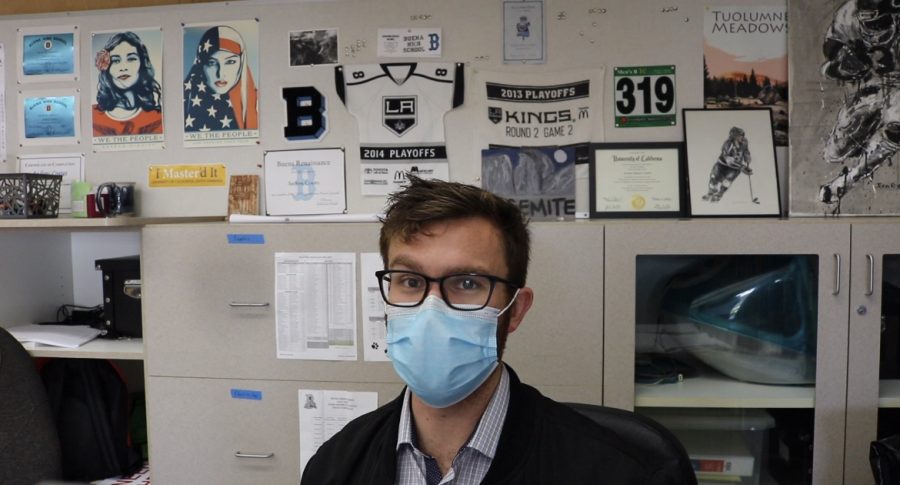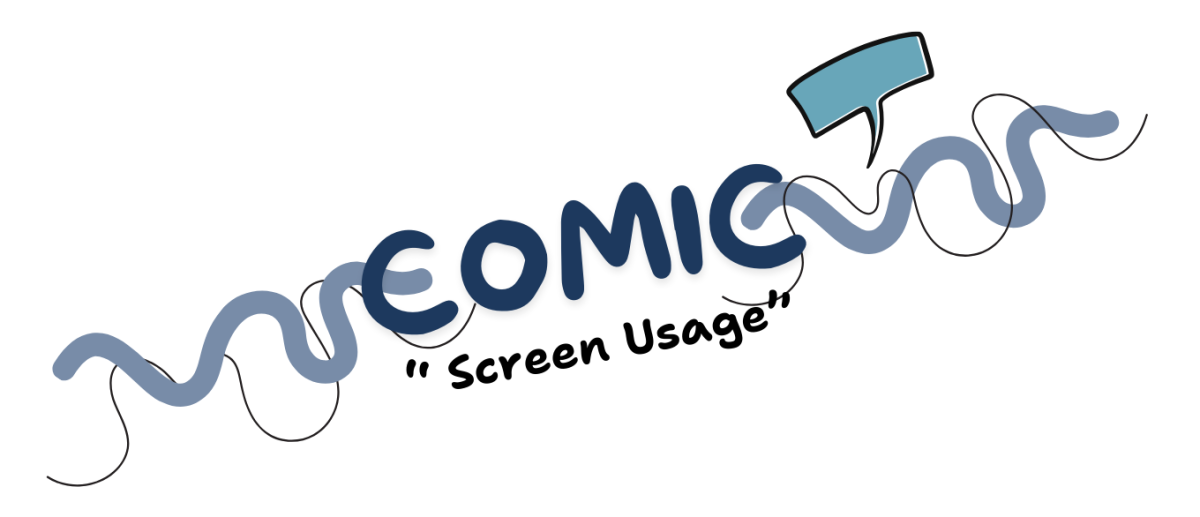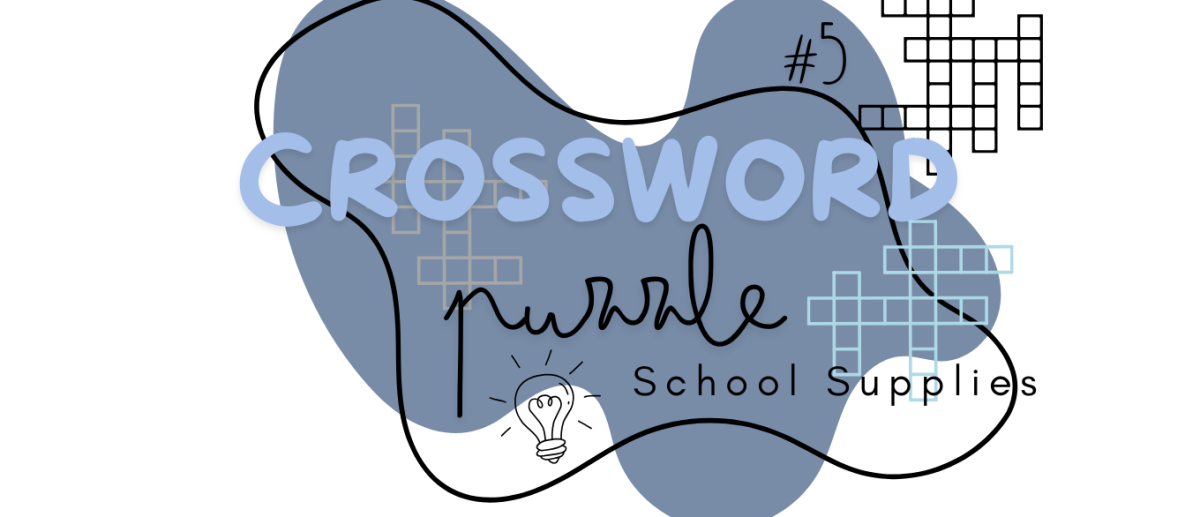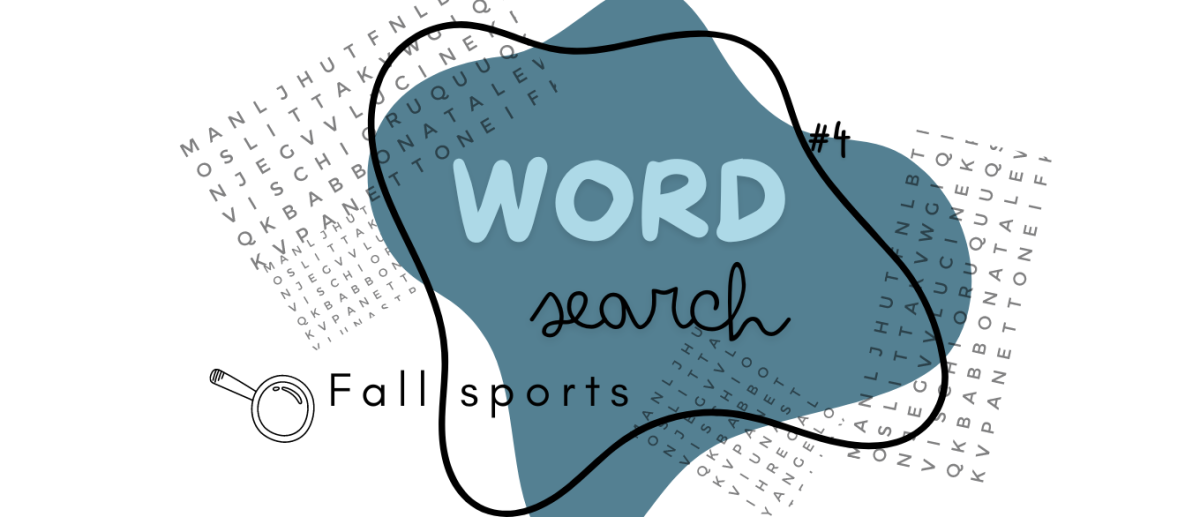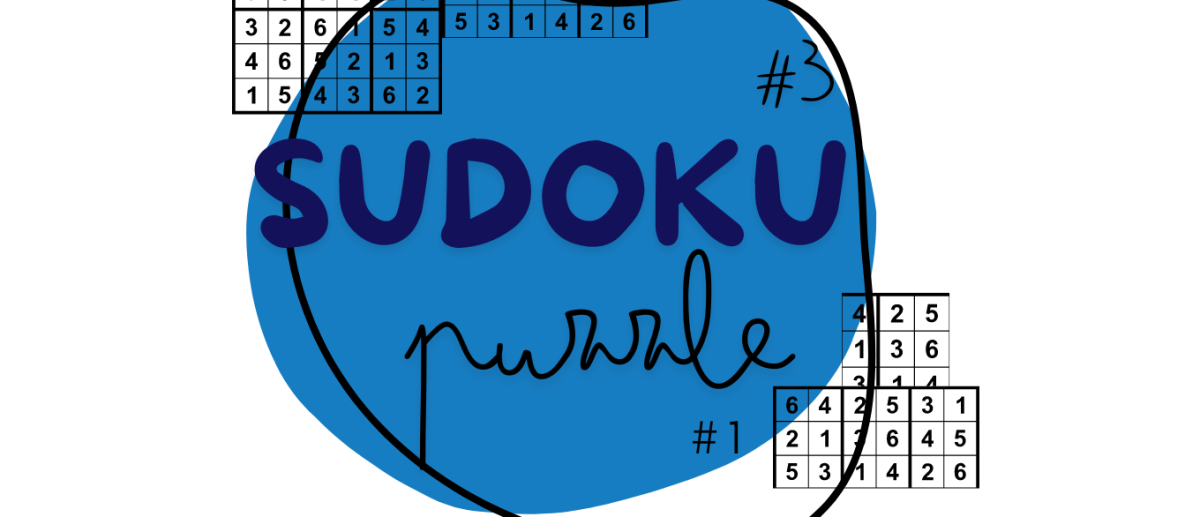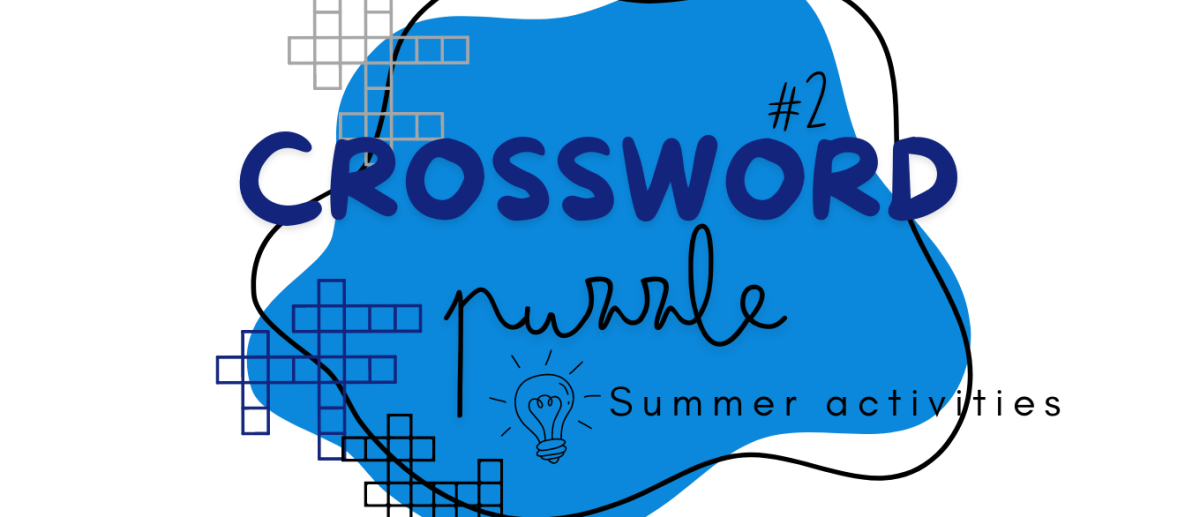September is not even over and there has been so much going on in the world. In this month alone, Nepal overthrew their government, Charlie Kirk was shot while debating, Poland was attacked by Russia, Israel is still bombing Gaza, Jimmy Kimmel got cancelled and then brought back, and Donald Trump is sending more support to Ukraine to get back lost territory. All of this has happened in just three and a half weeks.
With all of this going on in the world, people are becoming increasingly divided through different opinions alone. Although discussion and opinions have always been a foundation of democracy, the civility and goal for humanity seem to be lost under angry insults and a struggle for power.
Former U.S. President Dwight D. Eisenhower understood the meaning of true debate, especially when it came to compromise.
“People talk about the middle of the road as though it were unacceptable. Actually, all human problems, excepting morals, come into the gray areas. Things are not all black and white. There have to be compromises,” Eisenhower said.
Many are strongly convinced that their opinion is “the right one” and are not ready to be criticized. Clips of people yelling at each other instead of speaking are trending through the media and in comment sections you can always find people spewing nothing but hatred. I asked myself where this hate comes from and did my research to find out why people are so divided these days.
One of the main reasons for this increasing division is the way information spreads in today’s world. Social media platforms like X, Instagram and TikTok are designed to keep users engaged, often by showing content that confirms their existing beliefs, whether it’s true or false. This creates“echo chambers” where people rarely encounter opinions that challenge their point of view. Over time, this can make people more extreme in their views and less willing to listen to others.
Another factor is the influence of political leaders and media outlets. Many politicians and news channels focus on sensational stories and fear-based messages solely because they attract more attention and clicks. While this may boost ratings or popularity, it also fuels anger, mistrust, and polarization. People start to see events not as complex issues with multiple perspectives, but as battles between “us” and “them.”
Lastly, economic and social pressures play a role. Rising inequality, job insecurity, and global crises like wars or pandemics create stress and uncertainty. In these conditions, people often cling more tightly to their beliefs and identities, making compromise and open discussion even harder.
I think that it is important to have your own opinion and represent it. However, I believe it is even more important to listen to what the other person in a discussion says and reflect on it. In hard times like these we need to be able to keep a cool head and try to understand each other instead of hating “the other side.” In the end we are all people of the same country and should come together to end conflicts in a way everyone agrees with.
As former justice of the United States Supreme Court Ruth Bader Ginsburg once said,“We can disagree without being disagreeable.”

